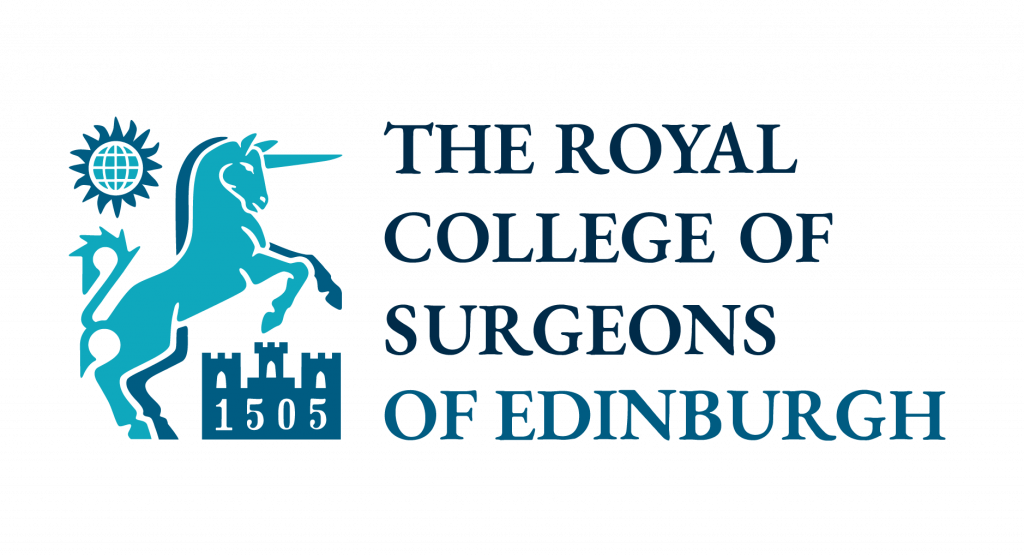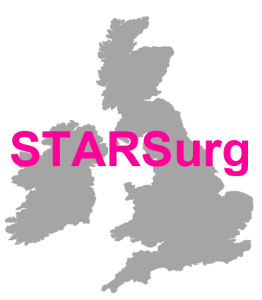STARSURG 1 (2013/14)
STARSurg 1 was both our first study and the world’s first collaborative, student-led, multicentre study. Run over two weeks in late 2013, the study aimed to determine the safety profile of non-steroidal anti-inflammatory drugs (NSAIDs) following gastrointestinal resection, articles at the time having raised concerns that NSAID administration following colorectal anastomosis may have been associated with an increased risk of anastomotic leak.
Over 250 medical students and 100 junior doctors participated across 109 hospital centres and collected data on over 1503 consecutive patients undergoing elective or emergency gastrointestinal resection. The primary end point of the study was 30-day morbidity, assessed using the Clavien-Dindo classification.
Of the 1503 patients, early postoperative NSAIDs were administered to 242 (16·1%). Complications occurred in 981 patients (65·3%), which were major in 257 (17·1%) and minor (Clavien-Dindo grade I–II ) in 724 (48·2%). Propensity score matching was used to create well balanced groups for those who had or hadn’t received early postoperative NSAIDs. Treatment with NSAIDs was associated with a reduction in overall complications (OR 0·72, 95% CI 0·52 to 0·99; p = 0·041). This effect predominately comprised a reduction in minor complications with high‐dose NSAIDs (OR 0·57, 95% CI 0·39 to 0·89; p = 0·009).
The STARSurg 1 study was therefore able to conclude that early use of NSAIDs was in fact associated with a reduction in postoperative adverse events following major gastrointestinal surgery. Additionally, the study showed that student-lead collaborative projects were not only feasible but could also be hugely successful.

Project Status
- Protocol Development
- Collaborator Registration
- Audit Registration
- Data Collection
- Data Analysis
- Manuscript Preparation
- Submission to Journal
- Acceptance
- Publication


